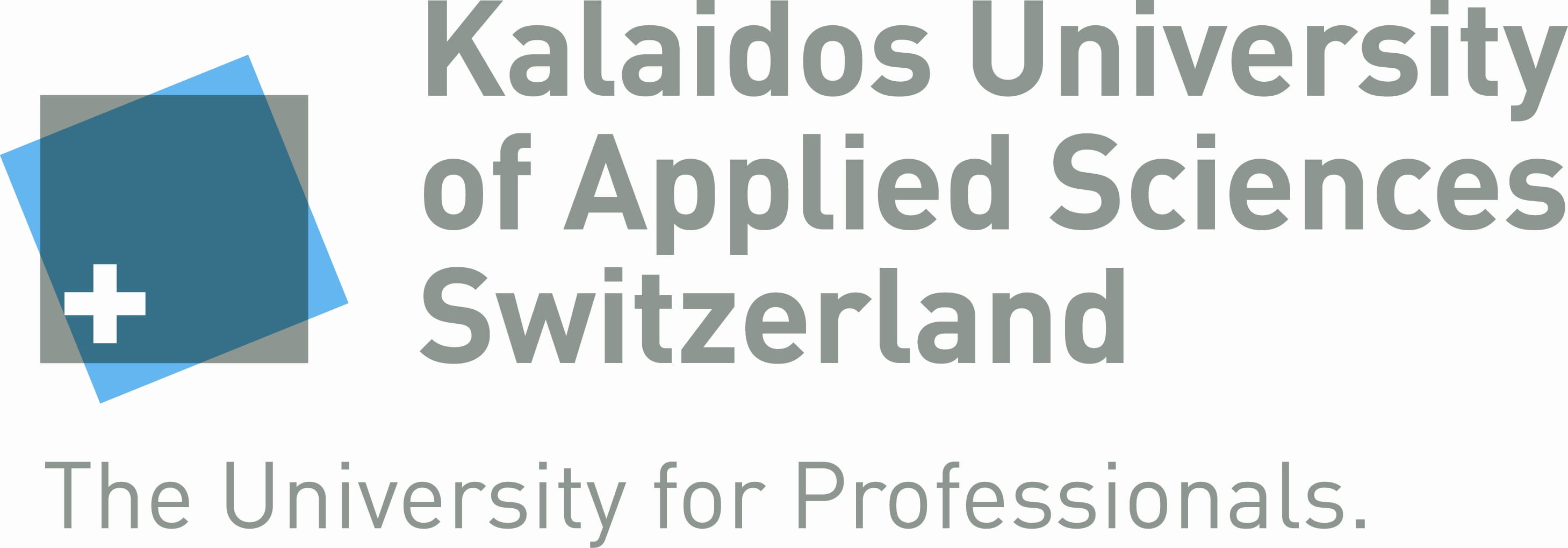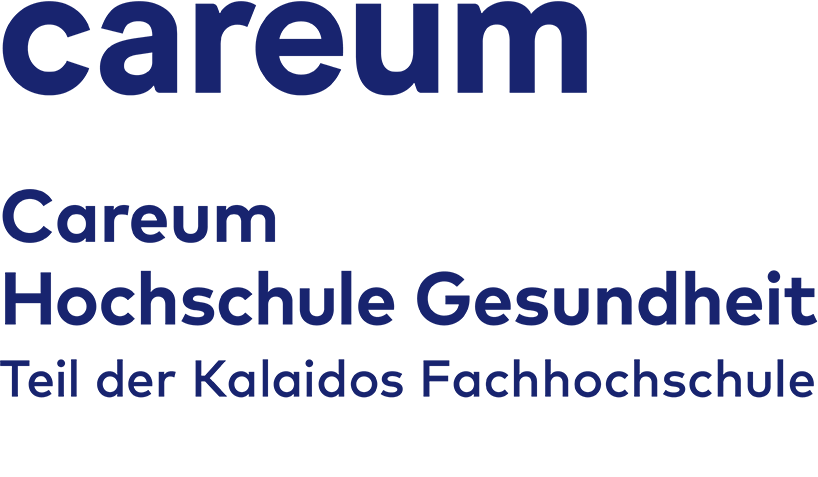Basis
Thanks to medical progress and better living conditions, more and more people are living well into old age. As a result, the need for support, care and supervision is also increasing. At the same time, there is a general lack of personnel in healthcare and social services to cover this increasing requirement. This trend requires innovative solutions. One such solution is the time provision project, launched in 2012, whose participants include the City of St. Gallen and the Cantonal Bureau for Social Issues, as well as local organisations.
The office is responsible for the administrative processing of time provision and is run by the ”Foundation Zeitvorsorge”. The project began in mid-2014 after a trial period. It forms part of a larger group of similar models, both international and national (e. g. Kiss Association).
The basic idea of time provision is active “saving” for support services as part of provision for old age. More and more elderly people are seeking activities in which they can get involved, in the context of a sustainable intergenerational contract. Sprightly senior citizens get involved in providing time for other elderly people as part of their practical management of day-to-day life. They receive time credits for these activities on an individual account. Later on, when they need others to provide time for them, they can redeem their credits. So this is not just a case of conventional voluntary work. In the launch phase, professional service providers, such as Pro Senectute, Spitex organisations or retirement and nursing homes, coordinate the activities of people providing time. At a later date, people in possession of time credits should also be able to organise time providers themselves.
Now that the project has been running for a short time, the City of St. Gallen's Office for Social Issues is having it evaluated externally. The evaluation is being conducted by a working group comprising Infras (management) and Careum Research.
Project
The evaluation focuses on the experiences to date with the associated aid organisations, active time providers and the recipients of the service. The concept, organisation and implementation of the time provision project is being evaluated, as well as the resulting services and effects on the people involved. The general public is also interested in knowing whether the time provision project can actually delay or avoid moving into residential institutions.
Ultimately, the key questions relate to the same issues: how to provide a number of time credit models in the meantime; whether any benefits emerge for the state sector (see BASS study below) and individuals; how well time provision satisfies the requirements of everyone involved; whether procedures, rules and organisational structures are suitable; how co-production with professional service providers and people requiring assistance is managed and whether time provision has an impact on other forms of voluntary activity.
The evaluation methodology is based on both the analysis of existing and newly acquired data (quantitative and interpretative) and on qualitative elements (e.g. focus groups and interviews).
Project team
Infras (overall management and operational project management): Thomas von Stokar, Judith Trageser, Eva Gschwend
Careum Research: Prof. Dr. Ulrich Otto, Anna Hegedüs
Further Informationen
Final evaluation report (in german, May 2017)
Evaluation report KISS Schweiz (in german, June 2017)
Zeitvorsorge St. Gallen
Information video about the project “Zeitvorsorge St. Gallen”
KISS Association
Quantifying the benefit of the KISS time provision (Geman fact sheet on the BASS study, April 2016)





